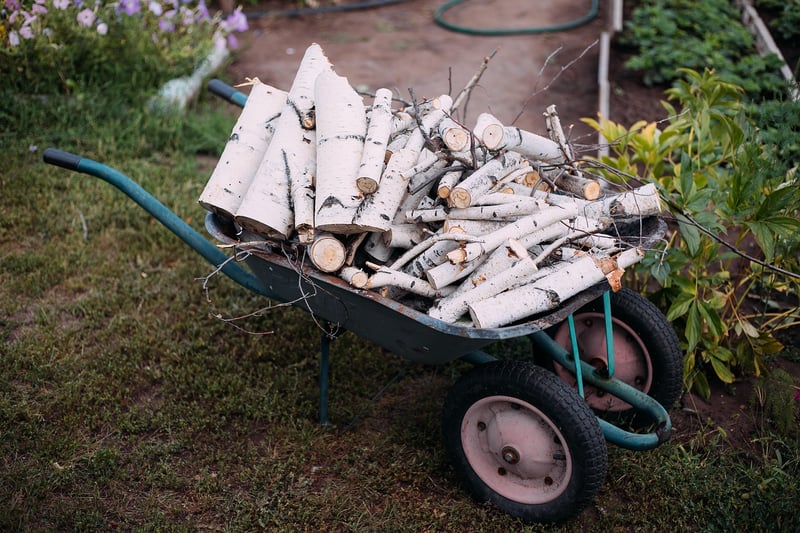Pest Control
Essential Care for Vertical Gardens + Pest Control
Introduction to Vertical Gardens
Vertical gardens are a fantastic way to bring greenery into small spaces or add a touch of nature to urban environments. These gardens are not only aesthetically pleasing but also provide health benefits by improving air quality and reducing stress.
Caring for Your Vertical Garden
Proper care is essential to ensure your vertical garden thrives. Here are some tips to help you maintain your green oasis:
1. Watering
Ensure your vertical garden receives adequate water. Depending on the plants you have, you may need to water them daily or every few days. Monitor the moisture levels to prevent overwatering or underwatering.
2. Pruning and Trimming
Regularly prune and trim your plants to promote healthy growth. Remove dead or yellowing leaves to prevent the spread of diseases and pests.
3. Fertilizing
Provide your plants with the necessary nutrients by fertilizing them regularly. Choose a fertilizer suitable for the types of plants in your vertical garden.
4. Sunlight
Ensure your vertical garden receives adequate sunlight based on the sunlight requirements of the plants. Monitor any changes in sunlight patterns due to seasonal variations.
Pest Control for Vertical Gardens
Pests can wreak havoc on your vertical garden if left unchecked. Here are some natural pest control methods to keep your garden healthy:
1. Neem Oil
Neem oil is an effective natural pesticide that can help control common garden pests like aphids, mites, and caterpillars. Dilute neem oil with water and spray it on affected plants.
2. Beneficial Insects
Introduce beneficial insects like ladybugs and lacewings to your vertical garden. These insects feed on pests, helping to keep their populations in check.
3. Diatomaceous Earth
Diatomaceous earth is a natural insecticide that can be sprinkled around your plants to deter crawling insects. It works by dehydrating the pests upon contact.
4. Companion Planting
Planting pest-repelling herbs like basil, mint, or lavender alongside your other plants can help deter pests and protect your vertical garden.
Conclusion
By following these essential care tips and natural pest control methods, you can ensure that your vertical garden remains healthy and vibrant. Enjoy the beauty of nature right at your fingertips with a well-maintained vertical garden!

For more information on vertical gardening and pest control, you can visit The Spruce.
